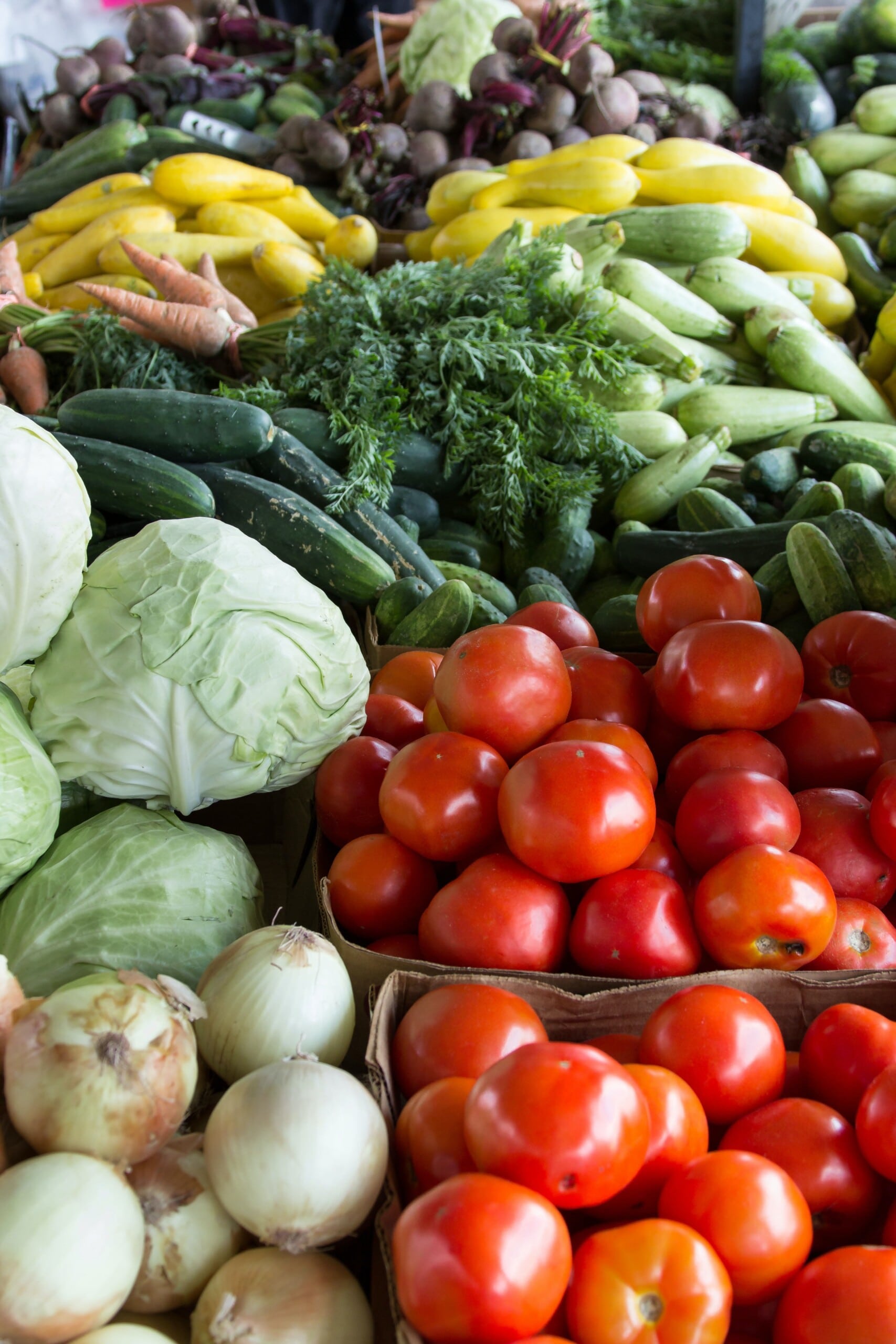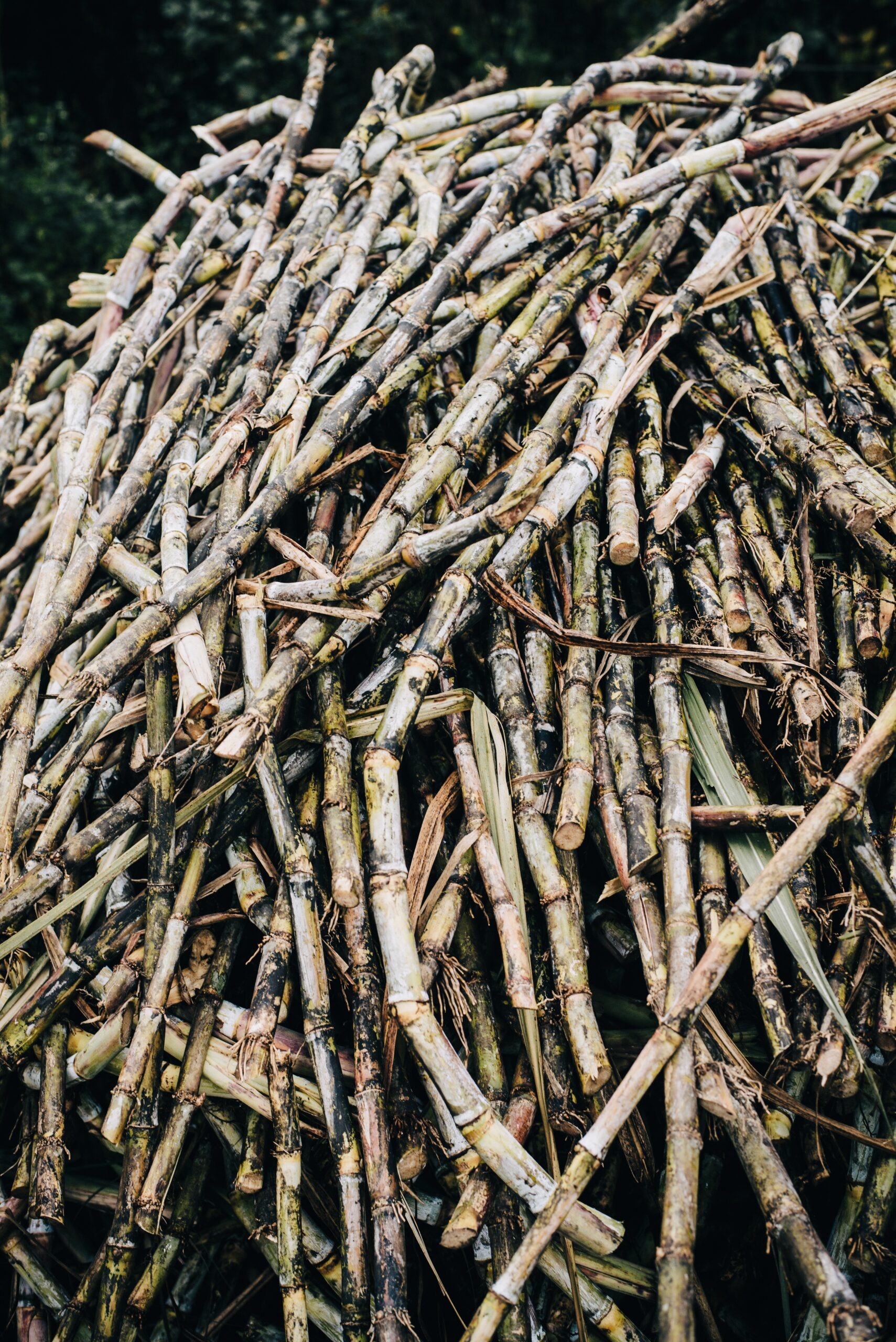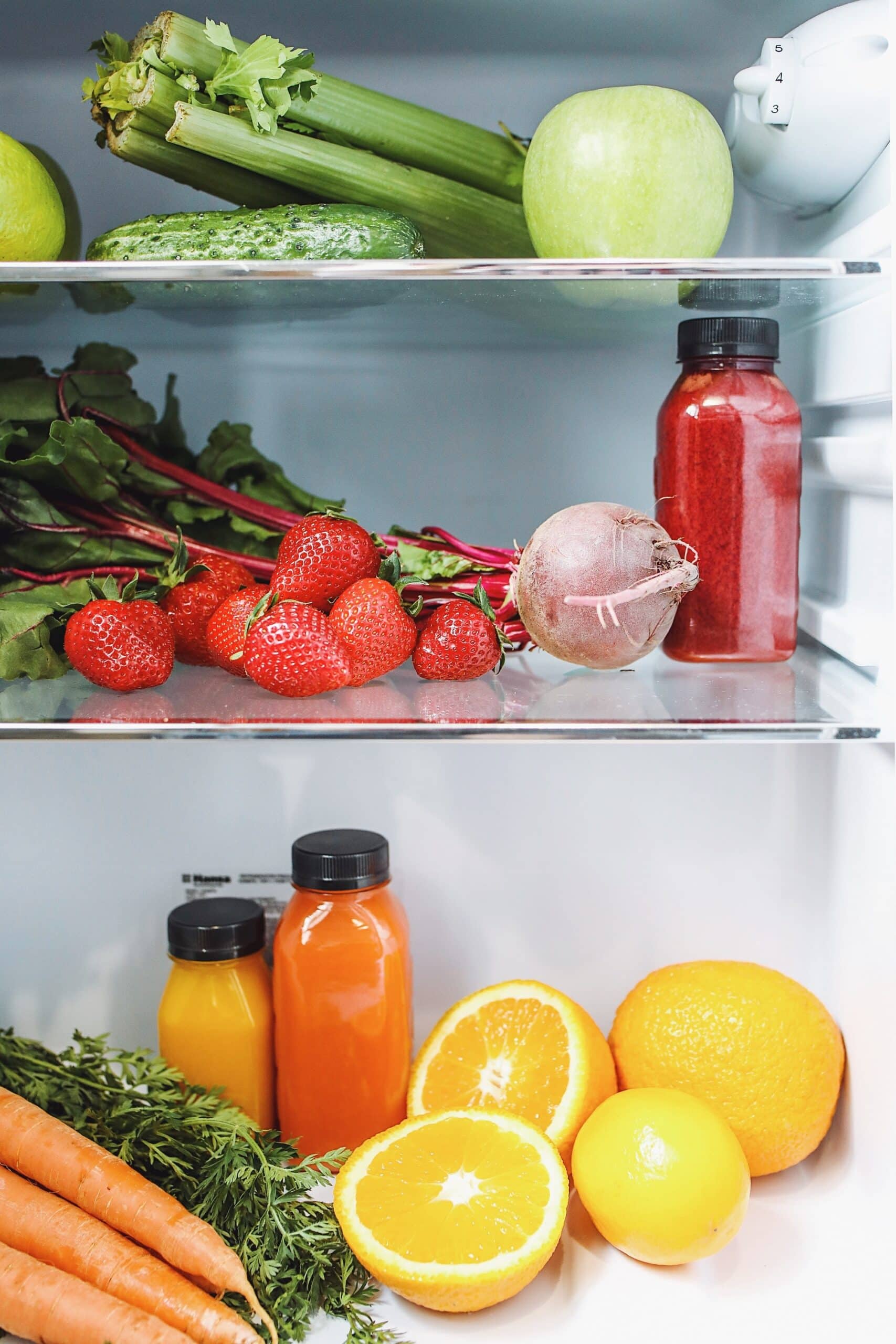Nothing is more disappointing than produce going bad shortly after you buy it. Discover the common causes of rotting produce and how to slow down the process
If you’re a frequent produce buyer, you’ve likely experienced the disheartening event of opening your fridge or cabinet to prematurely spoiled fruits or veggies. Regardless of whether you had an upcoming recipe that included those onions or apples, it’s always disappointing to toss your groceries. If you harvest your own produce, the experience of canning your goods may feel even more upsetting and result in a waste of money.

Satisfy your appetite for change in the kitchen by learning how to keep produce from rotting. Knowing what causes your fruits and veggies to rot is helpful when you’re storing your groceries.
Photodegradation:
Photodegradation is the process by which the outer layers of produce spoil due to light exposure. This process causes discoloration and often a decrease in produce flavor, vitamins, and proteins.
- Protect Your Produce: Keep your fruits and veggies out of direct sunlight in your kitchen. Draw your window shades or curtains when necessary to protect your produce.
Air, Microorganisms, and Water
Microorganisms naturally exist in our air. The longer our produce is exposed to air, the more opportunities microorganisms have to land on your produce. Once microorganisms land on your fruits and veggies, they begin to break foods down, minimizing their shelf lives.
- Protect Your Produce: Oxygen and moisture create an ideal environment for microorganism growth. Of course, it’s virtually impossible to stop our produce from encountering air, but we can limit its exposure to humidity. Most produce’s proper storage location is somewhere out of direct natural light with moderate humidity.
Ethylene
Ethylene gas is a plant hormone common in many popular produce items. It significantly influences the ripening process and, when you leave it unchecked, is one of the common causes of rotting produce. Bananas, apples, avocados, and melons are all ethylene producers, while produce such as broccoli, cauliflower, and cabbage are ethylene-sensitive. You may find ethylene producers convenient when trying to speed up the ripening process of an ethylene-sensitive fruit or veggie.
- Protect Your Produce: As a rule of thumb for daily storage purposes, though, you’ll want to separate ethylene producers from other produce to avoid premature spoiling. One of the main reasons mesh bags are used for produce is because the mesh materials allow ethylene gas to escape, making it a simple answer for keeping produce from rotting and satisfying your appetite for change.
Fresh Recipes Ideas to Make with Your Fresh Produce:
- Asparagus with Ceasar Dressing
- Roasted Butternut and Kale Panzanella
- Farmers Market Arugula and Peach Salad
Fresh bites, cozy vibes 😎
Dig into something delicious with us by subscribing below






